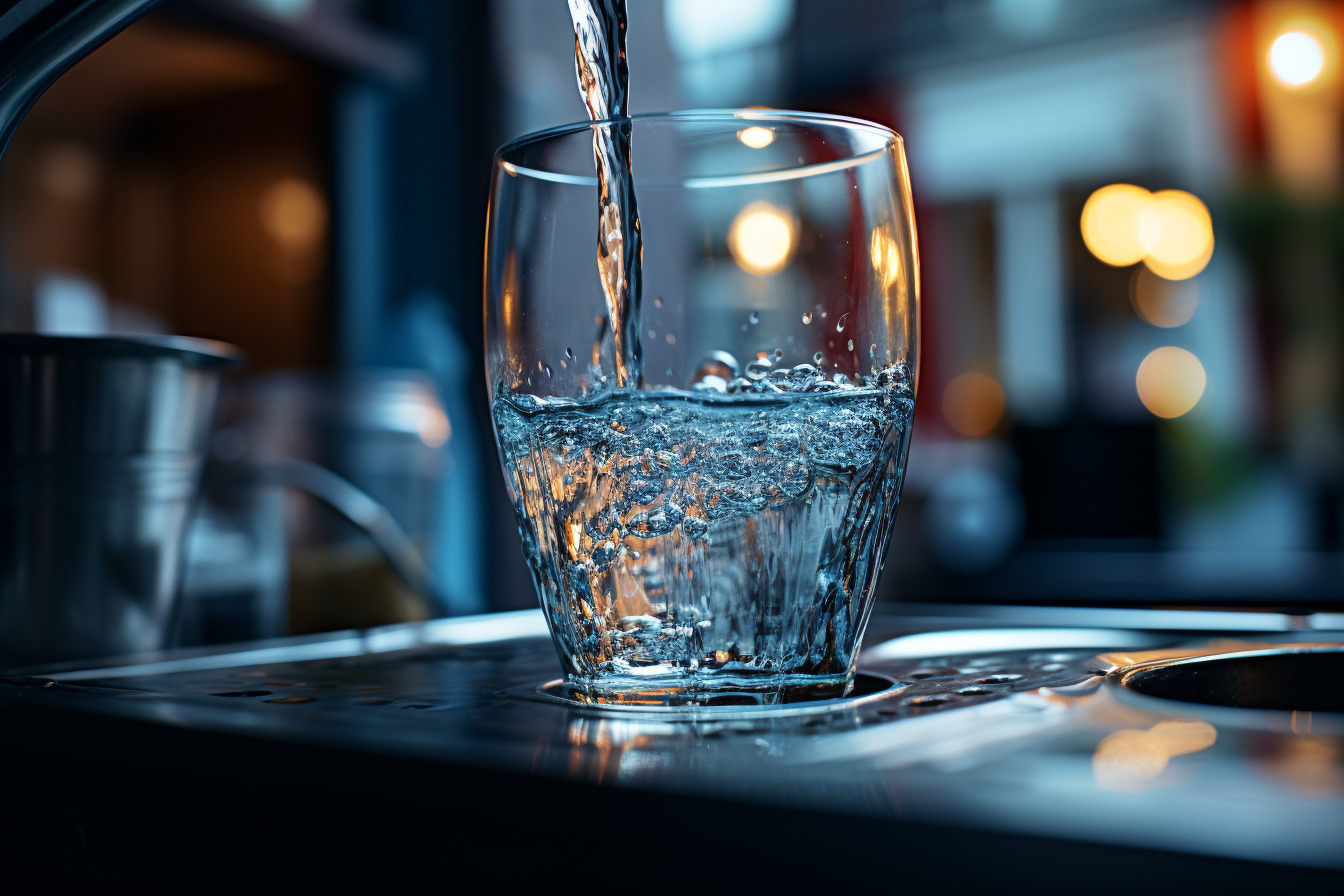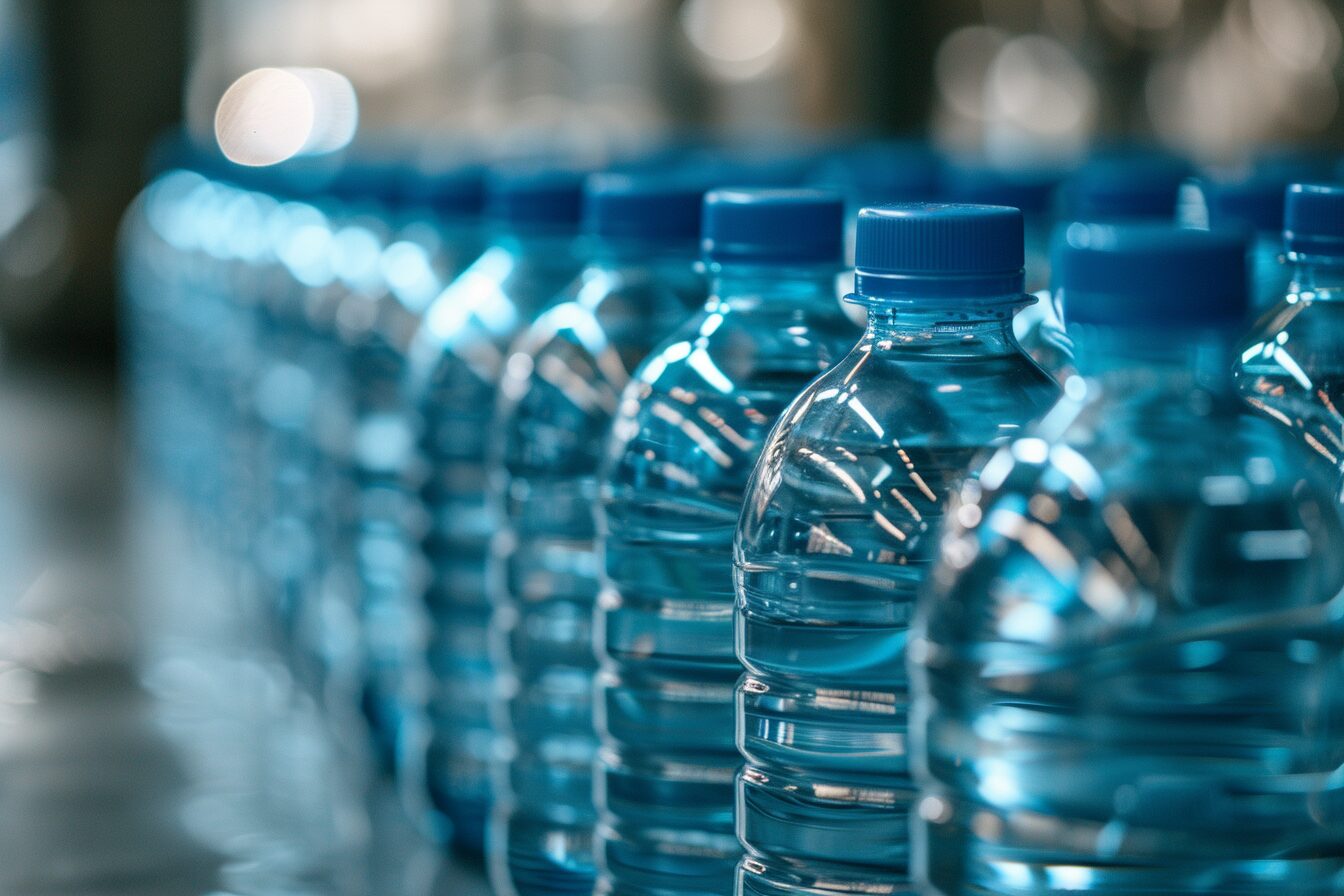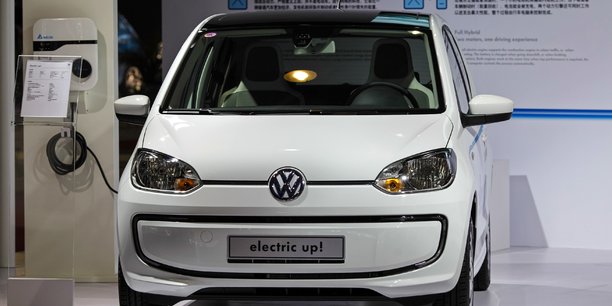Tap water or bottled water, which is better for daily consumption?

Advantages and disadvantages of tap water

Advantages of tap water
Tap water is a widely available source of drinking water in many countries. Here are some key benefits of drinking tap water:
- Economic Cost: Tap water is usually much cheaper than bottled water. By using tap water, you can save a lot on your water bills.
- Availability: Tap water is easily accessible, whether at home, at work or in public places. You don’t need to carry a water bottle, which is more convenient in everyday life.
- Controlled Quality: In many countries, tap water is subject to strict quality standards set by public health agencies. These standards ensure that water is safe to drink and meets purity criteria.
- Mineral Intake: Tap water naturally contains essential minerals like calcium and magnesium, which are beneficial for health.
- Ecological: Drinking tap water helps reduce the use of plastic bottles, thus contributing to the preservation of the environment.
Disadvantages of tap water
However, drinking tap water also has some disadvantages:
- Taste and smell: In some areas, tap water may have an unpleasant taste or smell due to the presence of chemicals or minerals. This can be a deterrent for some people.
- Presence of contaminants: Although tap water is regulated, it may contain contaminants such as pesticides, pharmaceutical residues, or heavy metals. However, the levels of these contaminants are generally below established safety limits.
- Aged Plumbing: In some cases, tap water quality can be affected by plumbing problems, especially in older buildings. Contaminants such as lead can end up in the water if the pipes are in poor condition.
- Protection: Tap water may contain chlorine or other chemicals used for disinfection. Although these chemicals are present in very small amounts, some people choose to avoid them by using water filters to improve the taste and quality of water.
Tap water has many advantages, including economic, environmental and controlled quality. Although they may have some drawbacks, they are usually minimal and do not pose major health risks. However, it is important to know the quality of tap water in your area and take necessary precautions where appropriate.
Advantages and disadvantages of bottled water

Benefits of bottled water
Portability and accessibility
One of the main advantages of bottled water is its portability. Water bottles are easy to carry, whether to the gym, work or travel. They are also widely available in supermarkets, gas stations and vending machines, making bottled water easily accessible to everyone.
Quality and taste
Most bottled water brands are subject to strict quality standards imposed by regulatory agencies. This means that bottled water is usually tested to ensure its purity and safety. In addition, some brands offer flavored or mineral-enriched water, offering a variety of flavors to satisfy different tastes.
Practicality and hygiene
Bottled water is often considered more convenient and healthier than tap water. The bottle is sealed and pre-packaged, preventing any external contamination. In addition, they are usually equipped with resealable caps, which allow drinking small amounts of water and keeping it for a long time.
Disadvantages of bottled water
high price
The main disadvantage of bottled water is its high cost compared to tap water. Buying bottled water regularly can be more expensive in the long run, especially if you have a lot of usage.
Environmental impact
The production and disposal of plastic bottles has a significant environmental impact. The production of plastic bottles requires energy resources and greenhouse gas emissions, while disposal of plastic bottles can harm natural ecosystems. Additionally, transporting bottled water also requires fuel consumption, thereby contributing to greenhouse gas emissions.
uncertain quality
Although most bottled water brands have strict quality controls, there have been cases where contaminants have been found in some water bottles. Additionally, it is important to note that not all bottled water is necessarily better than tap water, as water quality varies depending on the source and purification process used.
Plastic packaging
The use of plastic for packaging water bottles contributes to plastic pollution, especially when the bottles are not recycled properly. Plastic waste ends up in oceans, rivers and natural ecosystems, damaging the environment and threatening wildlife.




:quality(70):focal(1774x2015:1784x2025)/cloudfront-eu-central-1.images.arcpublishing.com/liberation/GONOWCVAIFEFZEPU7UD73TBPFM.jpg)

